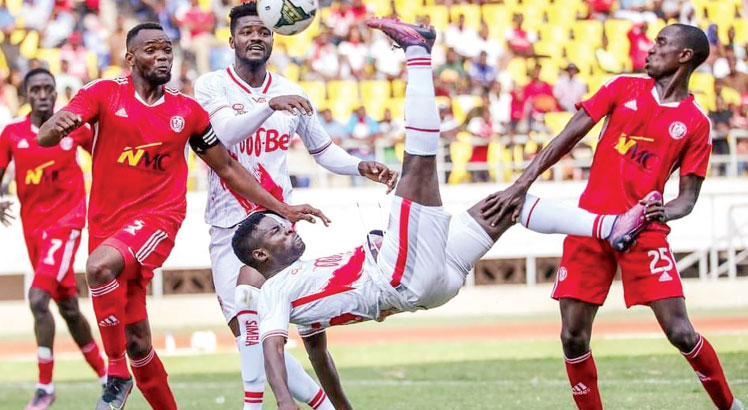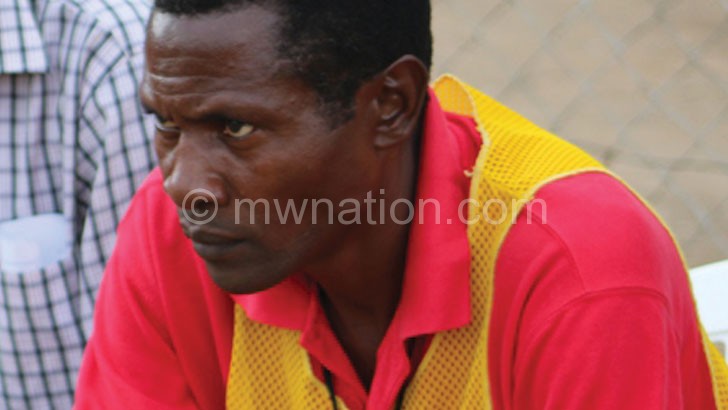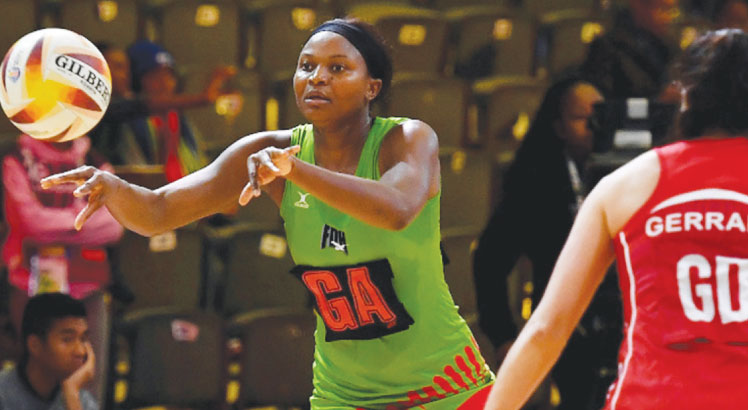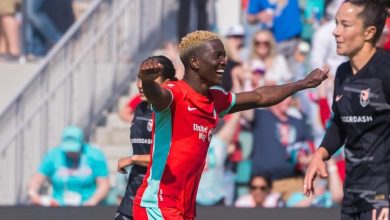Malawi club football fails as business
 Despite being the most followed sport in Malawi, football has failed to serve as a viable business as is the case elsewhere in the world.
Despite being the most followed sport in Malawi, football has failed to serve as a viable business as is the case elsewhere in the world.
Malawi has been lagging behind because most clubs have no legal ownership which can freely implement its policies and enforce order with the usual interference from fans, Weekend Nation has established.
Research on how Malawi clubs operate reveals that some fans mostly want to benefit for the clubs than playing their rightful role of supporting the clubs.
A case in point is whereby some Silver Strikers fans, on the pretext of helping their club, took replica jerseys for sale, but ended up pocketing the proceeds, which is in millions of kwacha.
“Over a year has passed since the first consignment came, but most fans have still not remitted to the club money they realised for the sales of the replica jerseys. If the club were owned by an individual or a company, such people would be taken to court over that money,†said a Silver executive committee member who preferred not to be named.
He said the mentality is that because the club is sponsored by Reserve Bank of Malawi (RBM), they are not obliged to give back the money.
“But what the supporters are forgetting is that the whole idea of trying to commercialise the club is to prepare it for financial independence when RBM will stop funding them. There is urgent need for our clubs to be legally owned if football is to grow and be lucrative,†said the executive member.
Silver club chairperson Dr McDonald Mafuta-Mwale confirmed in an interview on Tuesday that supporters indeed owe the club in millions.
“It is a setback to the whole concept of commercialisation. We value the role our supporters play and we know that the club cannot succeed without them, but they have to play their rightful role of supporting the team financially by remitting the money,†said Mafuta-Mwale.
Big Bullets trustee Kinnah Phiri said while supporters are crucial to the success of a team, it is imperative that, for the sake of progress, clubs be owned by either individuals or trustees.
He cited happenings at Big Bullets as an example of how lack of legal ownership can kill the team.
“Last season, Bullets were on the verge of collapse as nobody was willing to take care of the players. Even the supporters abandoned the team. I had to come in to help after being approached. Together with Logart, James Busile, Fred Kwacha and Chenda Mkandawire, we registered as trustees to run the team and stability came,†said Kinnah
He said when the club is owned, it is easy to formulate policy and implement it successfully.
“Of course, we need to work hand in hand with supporters, but the role of the supporters is to cheer the team and its brand, not to feed on the team by duping it through gate collections and other sources,†said Kinnah.
He cited Azam Tigers and Blantyre United as teams which are succeeding because they are owned by individuals.
“In South Africa, Kaizer Chiefs, Orlando Pirates and Mamelodi Sundowns are some of the best-practice models. Without ownership, there is no order, no commitment and no vision,†he said.
Bullets general secretary Higger Mkandawire concurred with Kinnah, saying as the case is in Malawi, whereby club executive committee members work on a part-time basis, it is difficult for clubs to progress.
“When a club is [legally] owned, there is a permanent secretariat to run its day-to-day affairs, whereby the owners are there just to give direction. On the other hand, supporters are there to promote the team’s financial status through buying membership cards or replica shirts,†said Mkandawire.
Southern Region Football League (SRFL) chairperson Trouble Kalua also observed that for football to grow, clubs must not be free for all, they must be legally owned.
“As the next generation, we must start the process. The model by Ben Sawanga (Blackpool) was perfect. The drawback is that football is not viable as a business kwathu kuno [here in Malawi], so it is really hard as some supporters want to cash in on the clubs,†said Kalua.
Mighty Wanderers chief supporter Yona Malunga could not agree more on football supporters failing their clubs, saying the problem has not spared nomads.
“In most cases, we like to benefit from the team, instead of helping it. We failed to buy identity cards and even the club’s sports apparel. We need to change our mindset if our teams are to progress,†said Malunga.
He admitted that clubs need to be owned by individuals because there is a semblance of order.
On his part, Central Region Bullets supporters treasurer Austin Kasito said the problem with the current scenario is that some executive committees abuse their responsibilities.
“Often, they just milk the team of its little resources. We have had that experience at Bullets. We fans, too, have failed to support their clubs, but when somebody comes to take over the team, we cry foul,†said Kasito, citing the example of the Cifu family who failed to take over Bullets because of interference from supporters.





